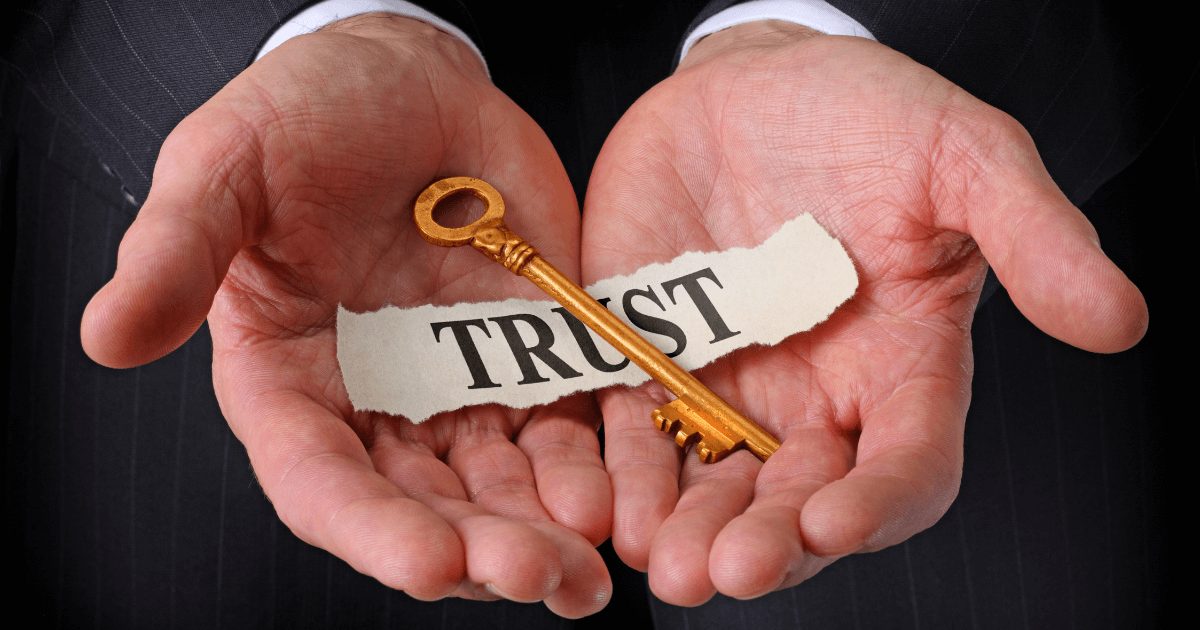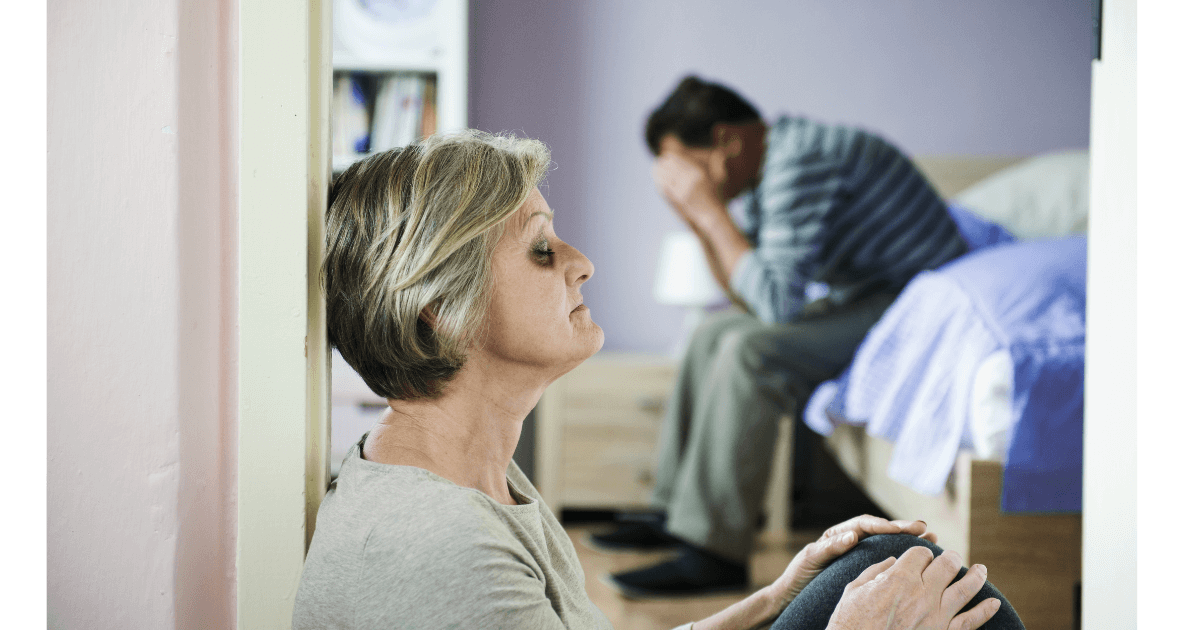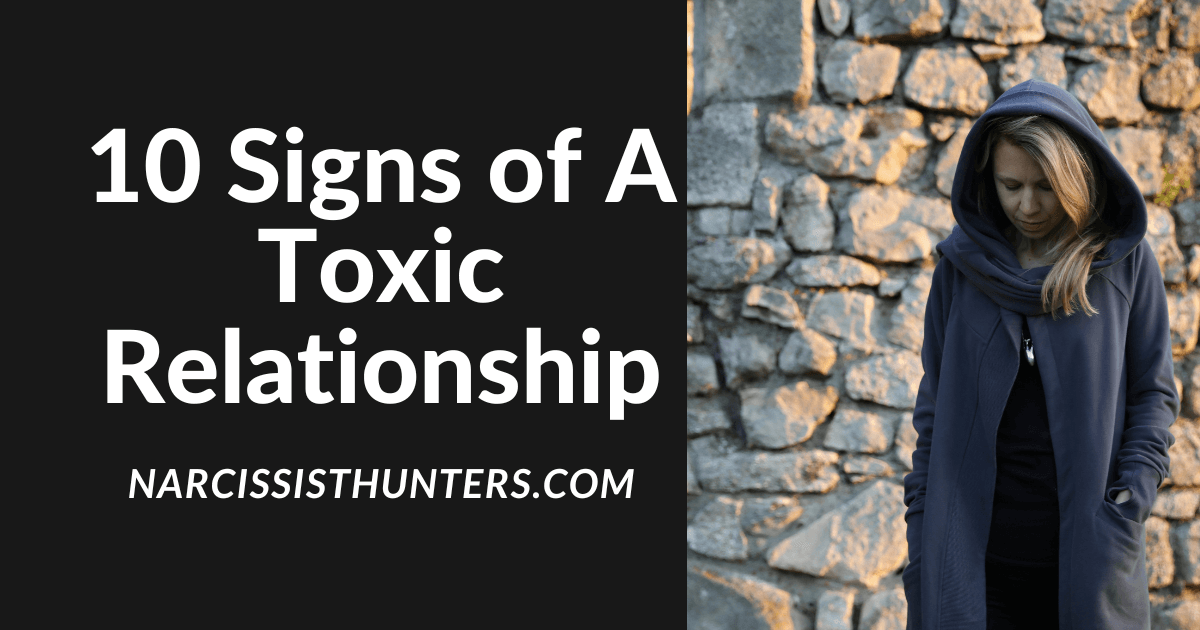Do you want to know 10 Signs of a toxic relationship? A toxic relationship is one that is characterized by negative and harmful behaviors, attitudes, and patterns of interaction between partners. Such relationships can be damaging to one’s emotional, mental, and physical health, and it is essential to recognize the signs of toxicity and take appropriate steps to address them.
Recognizing toxic relationships is important because they can often be disguised as normal or even loving relationships. However, toxic relationships can lead to feelings of low self-esteem, anxiety, depression, and other negative outcomes. It is essential to be able to identify the signs of a toxic relationship and take steps to protect oneself.
The purpose of this blog post is to highlight the 10 signs of a toxic relationship to help readers recognize when they may be in one. By understanding these signs, readers can take proactive steps to address issues in their relationships or seek help if necessary.
The post will provide a brief overview of each sign, discuss the consequences of each behavior, and explain how it affects the relationship. The goal is to empower readers to identify and address toxic relationships to improve their well-being and relationship satisfaction.
1. Lack of trust

Trust is a fundamental aspect of any healthy relationship, and a lack of trust can be a significant sign of a toxic relationship. Without trust, a relationship may struggle to maintain intimacy, communication, and respect. Here are some signs of a lack of trust in a relationship:
- Suspicion: When one partner suspects the other of dishonesty, infidelity, or other wrongdoing, it can create an atmosphere of distrust.
- Secrets: When one partner keeps secrets or withholds information, it can lead to feelings of suspicion and lack of trust.
- Monitoring: When one partner feels the need to monitor the other’s actions or whereabouts, it can indicate a lack of trust.
- Lying: If one partner frequently lies or conceals the truth, it can lead to a lack of trust in the relationship.
The consequences of a lack of trust in a relationship can be severe. It can lead to feelings of anxiety, insecurity, and suspicion. It can also erode the intimacy and emotional connection between partners, leading to a breakdown in communication and mutual understanding.
A lack of trust can affect the relationship in several ways. It can lead to constant arguments, defensiveness, and a lack of emotional support. It can also lead to a decrease in affection and sexual intimacy as partners begin to feel disconnected from each other.
In conclusion, a lack of trust is a significant sign of a toxic relationship. It is essential to recognize the signs of a lack of trust and take steps to address them, such as seeking therapy or counseling to rebuild trust and strengthen the relationship. Without trust, a relationship may struggle to maintain its foundation, and it is crucial to take proactive steps to address this issue.
2. Constant criticism and negativity

Constant criticism and negativity can be detrimental to any relationship. When one partner frequently criticizes the other, it can lead to feelings of inadequacy, resentment, and anger. Here are some signs of constant criticism and negativity in a relationship:
- Frequent criticism: If one partner criticizes the other frequently, it can be a sign of a toxic relationship. This can include criticisms of appearance, behavior, and decision-making.
- Negative comments: If one partner frequently makes negative comments about the other, it can lead to feelings of insecurity and self-doubt.
- Belittling: If one partner belittles the other, it can lead to feelings of worthlessness and a lack of respect.
- Comparison: If one partner frequently compares the other to others, it can lead to feelings of inadequacy and a lack of self-esteem.
The consequences of constant criticism and negativity in a relationship can be severe. It can lead to feelings of anxiety, depression, and low self-esteem. It can also erode the intimacy and trust between partners, leading to a breakdown in communication and mutual understanding.
Constant criticism and negativity can affect the relationship in several ways. It can lead to a lack of emotional support, a decrease in affection and sexual intimacy, and constant arguments. It can also lead to a decrease in overall relationship satisfaction, as one or both partners may feel unhappy and unfulfilled.
In conclusion, constant criticism and negativity are significant signs of a toxic relationship. It is crucial to recognize the signs of constant criticism and negativity and take steps to address them, such as seeking therapy or counseling to improve communication and rebuild trust.
A healthy relationship should be based on mutual respect, support, and understanding, and it is essential to take proactive steps to address any issues that may arise.
3. Isolation from family and friends

Isolation from family and friends can be a significant sign of a toxic relationship. When one partner attempts to isolate the other from their social support network, it can create feelings of loneliness, dependence, and vulnerability. Here are some signs of isolation from family and friends in a relationship:
- Control: If one partner tries to control the other’s social life, it can be a sign of a toxic relationship. This can include monitoring phone calls and text messages, preventing the other from seeing friends and family, and insisting on constant communication.
- Criticism: If one partner criticizes the other’s friends and family, it can create feelings of guilt and insecurity and lead to a decrease in social connections.
- Jealousy: If one partner becomes jealous of the other’s friends and family, it can lead to attempts to isolate the other from them.
- Distance: If one partner withdraws from their friends and family, it can be a sign that they are being isolated by their partner.
The consequences of isolation from family and friends can be severe. It can lead to feelings of loneliness, isolation, and a lack of emotional support. It can also make it difficult for the isolated partner to seek help or support if they are experiencing abuse or other negative behaviors in the relationship.
Isolation from family and friends can affect the relationship in several ways. It can lead to a lack of communication and understanding, a decrease in overall relationship satisfaction, and feelings of resentment and anger. It can also make it difficult for the isolated partner to maintain a sense of self-identity, leading to a loss of self-esteem and self-worth.
In conclusion, isolation from family and friends is a significant sign of a toxic relationship. It is essential to recognize the signs of isolation and take steps to address them, such as seeking therapy or counseling to improve communication and rebuild trust.
A healthy relationship should be based on mutual respect and support, and it is crucial to take proactive steps to address any issues that may arise.
4. Controlling behavior

Controlling behavior can be a significant sign of a toxic relationship. When one partner attempts to control the other’s actions, thoughts, and emotions, it can create feelings of dependence, fear, and anxiety. Here are some signs of controlling behavior in a toxic relationship:
- Monitoring: If one partner monitors the other’s whereabouts, phone calls, and texts, it can be a sign of controlling behavior.
- Decision-making: If one partner insists on making all the decisions in the relationship, including financial decisions, it can be a sign of controlling behavior.
- Isolation: If one partner tries to isolate the other from their friends and family, it can be a sign of controlling behavior.
- Threats: If one partner threatens the other with physical harm, emotional abuse, or other negative consequences, it can be a sign of controlling behavior.
The consequences of controlling behavior can be severe. It can lead to feelings of fear, anxiety, and a lack of self-worth. It can also erode the intimacy and trust between partners, leading to a breakdown in communication and mutual understanding.
Controlling behavior can affect the relationship in several ways. It can lead to a lack of emotional support, a decrease in affection and sexual intimacy, and constant arguments. It can also lead to a decrease in overall relationship satisfaction, as one or both partners may feel unhappy and unfulfilled.
5. Manipulation

Manipulation is a common sign of a toxic relationship. When one partner attempts to control the other’s thoughts, emotions, or behaviors through deceitful means, it can create feelings of confusion, insecurity, and vulnerability. Here are some signs of manipulation in a relationship:
- Gaslighting: If one partner denies or distorts the other’s perception of reality, it can be a sign of manipulation.
- Guilt-tripping: If one partner uses guilt to influence the other’s behavior, it can be a sign of manipulation.
- Love-bombing: If one partner showers the other with excessive attention, gifts, and affection to gain their trust and control, it can be a sign of manipulation.
The consequences of manipulation can be severe. It can lead to feelings of confusion, anxiety, and a lack of self-worth. It can also erode the trust and intimacy between partners, leading to a breakdown in communication and mutual understanding.
Manipulation can affect the relationship in several ways. It can lead to a lack of emotional support, a decrease in affection and sexual intimacy, and constant arguments. It can also lead to a decrease in overall relationship satisfaction, as one or both partners may feel unhappy and unfulfilled.
6. Lack of communication

Effective communication is essential to any healthy relationship. When one partner is unable or unwilling to communicate openly and honestly with the other, it can create feelings of frustration, resentment, and emotional distance. Here are some signs of a lack of communication in a relationship:
- Stonewalling: If one partner refuses to engage in conversation or shuts down during discussions, it can be a sign of a lack of communication.
- Avoidance: If one partner avoids discussing important issues or conflicts, it can be a sign of a lack of communication.
- Misunderstandings: If one or both partners frequently misinterpret each other’s words or intentions, it can be a sign of a lack of communication.
- Non-verbal cues: If one partner relies solely on non-verbal cues to communicate, such as body language or facial expressions, it can be a sign of a lack of communication.
The consequences of a lack of communication can be severe. It can lead to feelings of frustration, resentment, and emotional distance. It can also erode the trust and intimacy between partners, leading to a breakdown in communication and mutual understanding.
A lack of communication can affect the relationship in several ways. It can lead to a lack of emotional support, a decrease in affection and sexual intimacy, and constant arguments. It can also lead to a decrease in overall relationship satisfaction, as one or both partners may feel unhappy and unfulfilled.
7. Disrespect

Disrespect is a significant sign of a toxic relationship. When one partner shows a lack of consideration or regard for the other’s feelings, it can create feelings of hurt, anger, and resentment. Here are some signs of disrespect in a relationship:
- Name-calling: If one partner uses derogatory or insulting language towards the other, it can be a sign of disrespect.
- Ignoring boundaries: If one partner disregards the other’s boundaries or needs, it can be a sign of disrespect.
- Dismissing feelings: If one partner invalidates or dismisses the other’s emotions or concerns, it can be a sign of disrespect.
- Belittling: If one partner makes the other feel small or insignificant, it can be a sign of disrespect.
The consequences of disrespect can be severe. It can lead to feelings of hurt, anger, and resentment, and can erode the trust and intimacy between partners. It can also lead to a decrease in overall relationship satisfaction, as one or both partners may feel unhappy and unfulfilled.
Disrespect can affect the relationship in several ways. It can lead to a lack of emotional support, a decrease in affection and sexual intimacy, and constant arguments. It can also lead to a breakdown in communication and mutual understanding, as one partner may feel unable to express themselves or feel heard.
8. Jealousy and Possessiveness

Jealousy and possessiveness are significant signs of a toxic relationship. While some degree of jealousy is normal in a relationship, excessive jealousy and possessiveness can be harmful and destructive. Here are some signs of jealousy and possessiveness in a relationship:
- Constant checking: If one partner constantly checks up on the other, such as monitoring their phone or social media activity, it can be a sign of jealousy and possessiveness.
- Controlling behavior: If one partner tries to control the other’s actions or behavior, such as dictating who they can or cannot spend time with, it can be a sign of jealousy and possessiveness.
- Accusations: If one partner frequently accuses the other of cheating or flirting with others, it can be a sign of jealousy and possessiveness.
- Emotional outbursts: If one partner reacts with extreme emotional outbursts, such as anger or crying, when the other talks to or spends time with someone of the opposite sex, it can be a sign of jealousy and possessiveness.
The consequences of jealousy and possessiveness can be severe. It can lead to feelings of insecurity, mistrust, and emotional turmoil. It can also erode the trust and intimacy between partners, leading to a breakdown in communication and mutual understanding.
Jealousy and possessiveness can affect the relationship in several ways. It can lead to a lack of emotional support, a decrease in affection and sexual intimacy, and constant arguments. It can also lead to a decrease in overall relationship satisfaction, as one or both partners may feel unhappy and unfulfilled.
9. Physical, Emotional, or Sexual Abuse

Physical, emotional, or sexual abuse is the most severe sign of a toxic relationship. Abuse can take many forms, and it is crucial to recognize the signs and seek help if you or someone you know is experiencing abuse. Here are some signs of physical, emotional, or sexual abuse in a relationship:
- Physical abuse: Physical abuse involves any behavior that causes bodily harm, such as hitting, kicking, pushing, or choking. It can also involve using weapons or other objects to cause harm.
- Emotional abuse: Emotional abuse involves any behavior that is designed to manipulate, control, or degrade the other person. This can include constant criticism, insults, or belittling, as well as controlling behavior, such as monitoring the other person’s movements or contacts.
- Sexual abuse: Sexual abuse involves any behavior that is forced upon another person without their consent. This can include rape, sexual assault, or sexual harassment.
The consequences of abuse can be severe and long-lasting. Victims of abuse may suffer from physical injuries, emotional trauma, and post-traumatic stress disorder (PTSD). They may also experience a loss of self-esteem, anxiety, and depression, as well as difficulty in trusting others.
Abuse can have a significant impact on the relationship, leading to a breakdown in communication, intimacy, and trust. The victim may feel trapped, isolated, and unable to leave the relationship, leading to feelings of hopelessness and despair. The abuser may also feel a sense of power and control over the other person, leading to a cycle of abuse that can be difficult to break.
10. Keeping Secrets

Keeping secrets is another sign of a toxic relationship, which can lead to mistrust and communication breakdowns. When one partner is keeping secrets from the other, it can create a sense of uncertainty and anxiety, leading to feelings of distrust and suspicion.
Some signs of keeping secrets in a relationship may include:
- Secrecy about communication with others: One partner may hide text messages, phone calls, or emails from others to avoid sharing details about their conversations or interactions.
- Withholding information: One partner may withhold important information, such as financial information or personal details, from the other partner.
- Lying: One partner may lie about their whereabouts, activities, or behavior to avoid confrontation or disapproval from the other partner.
Keeping secrets can have serious consequences for a relationship, leading to a lack of trust, communication breakdown, and even infidelity. When one partner feels the need to keep secrets from the other, it can create a sense of distance and isolation, leading to feelings of loneliness and detachment.
In a healthy relationship, partners are open and honest with each other, and they share their thoughts, feelings, and experiences openly. If you feel that your partner is keeping secrets from you, it is essential to communicate your concerns and work together to establish trust and openness in the relationship.
Final Thoughts
In conclusion, a toxic relationship can be damaging and harmful to one’s mental and emotional health. It is essential to recognize the signs of a toxic relationship to take action before it becomes too late. Here are the 10 signs of a toxic relationship that we have discussed in this blog post:
- Lack of trust
- Constant criticism and negativity
- Isolation from family and friends
- Controlling behavior
- Manipulation
- Lack of communication
- Disrespect
- Jealousy and possessiveness
- Physical, emotional, or sexual abuse
- Keeping secrets
It’s important to understand that no one deserves to be in a toxic relationship. If you have identified one or more of these signs in your relationship, it’s important to address them with your partner or seek professional help. Ignoring these warning signs can have serious consequences, both for your mental and emotional health and the well-being of your relationship.
If you’re unsure how to address these issues, consider seeking professional help from a counselor or therapist who can provide you with the necessary tools and support to work through these challenges. Remember that you have the power to make positive changes in your life and relationships, and seeking help is a sign of strength, not weakness.
In summary, recognizing the signs of a toxic relationship is the first step towards addressing the issues and creating a healthy and fulfilling relationship. Don’t hesitate to seek help if you need it, and remember that you deserve to be in a loving and respectful relationship.
